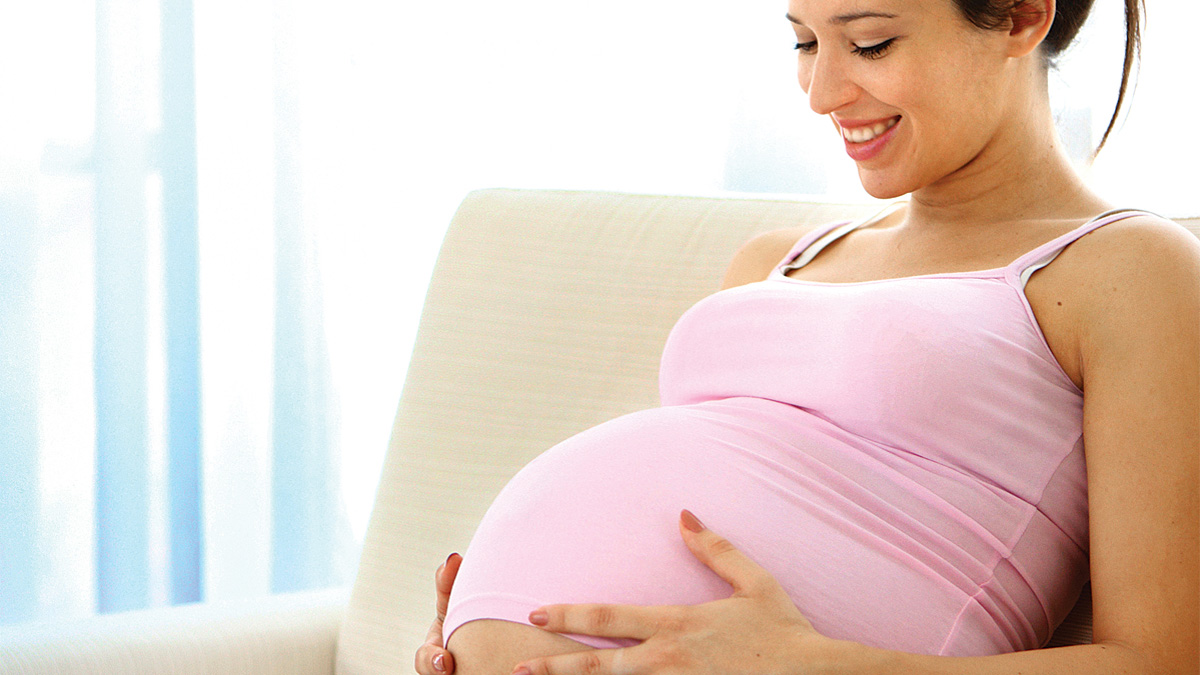If you’re pregnant, you’ve likely wondered how to aid digestion during pregnancy. It’s vital for the digestive system to function well during pregnancy. It helps transfer nutrients from the mother’s blood to the unborn child. It’s important to limit your calorie intake and to sit up straight. It’s also a good idea to reduce your intake of caffeine. If you’re suffering from heartburn or indigestion, you can take medicine to reduce your heartburn and other symptoms.
To prevent constipation and gas, you should chew your food thoroughly. It releases digestive enzymes into the saliva, which breaks it down before reaching the intestines. To make sure the digestive enzymes do their job properly, chew food slowly and thoroughly. Also, chew your food in smaller pieces. Eating more food will reduce your heartburn and other digestive issues. If you’re looking for an easy way to improve your digestive health, you should try incorporating more fiber into your daily diet.
To avoid constipation, try exercising every day and try to eat foods rich in fiber. Walking increases transit time in the digestive tract. You can take 20 minute walks after meals. Standing up after meals can also reduce heartburn as gravity moves food down the digestive tract. Be sure to include plenty of fruits and vegetables in your diet, including lots of vegetables. A little bit of exercise daily will keep your digestion in tip-top shape.
Another easy way to ease your symptoms is to eat small, frequent meals throughout the day. Chewing your food will release digestive enzymes into the saliva, which will help break down food before it reaches the intestines. In addition, chewing foods thoroughly and slowly will help ensure that the enzymes do their job and will keep you from experiencing the symptoms associated with constipation and gas. By doing these things, you can help your digestive system and the health of your unborn baby.
When you’re pregnant, you’ll experience some digestive discomfort. You may feel gassy, bloated, and have a burning sensation in your esophagus. It’s important to keep these symptoms under control to avoid causing harm to your unborn baby. By following these tips, you’ll find that you’re on your way to having a better quality and easier pregnancy!
When chewing your food, you release digestive enzymes. This helps break down food before it reaches the stomach, which is why you should chew your food thoroughly and slowly. It’s also helpful to slow down at meal time. A slow, steady pace will allow you to digest your food more effectively. If you’re pregnant, you should remember that your esophagus is an organ that takes up most of the space in your abdomen. This can also affect your digestion.
A healthy diet is essential to the health of your baby and yourself. A balanced diet should include plenty of fruits and vegetables to prevent constipation and diarrhea. Additionally, a healthy pregnancy diet should include plenty of fiber. For example, eating high-fiber foods like beans and whole grains will ease your digestion during the first trimester. While these are not the only foods to avoid during the course of pregnancy, they’re important to make sure you’re getting enough fiber.
During pregnancy, it’s important to make sure you’re eating enough fiber. A high-fiber diet is essential for the digestion of food. The digestive system will be more efficient if you eat more fiber-rich foods. If your diet contains too much fiber, you’ll experience heartburn. This will cause more discomfort in your digestive tract. However, the more fiber you have, the more efficiently your digestion will function.
Pregnant women should avoid bending from the waist. Instead, bend from the hips. This will relieve pressure on the central area and allow for faster transit. After a meal, standing up will help to prevent heartburn by allowing gravity to do its job. You should also focus on fiber-rich foods. It will also help to increase your intake of fruits and vegetables. You should drink plenty of water.
People also read : Superfoods That Help Digestion

